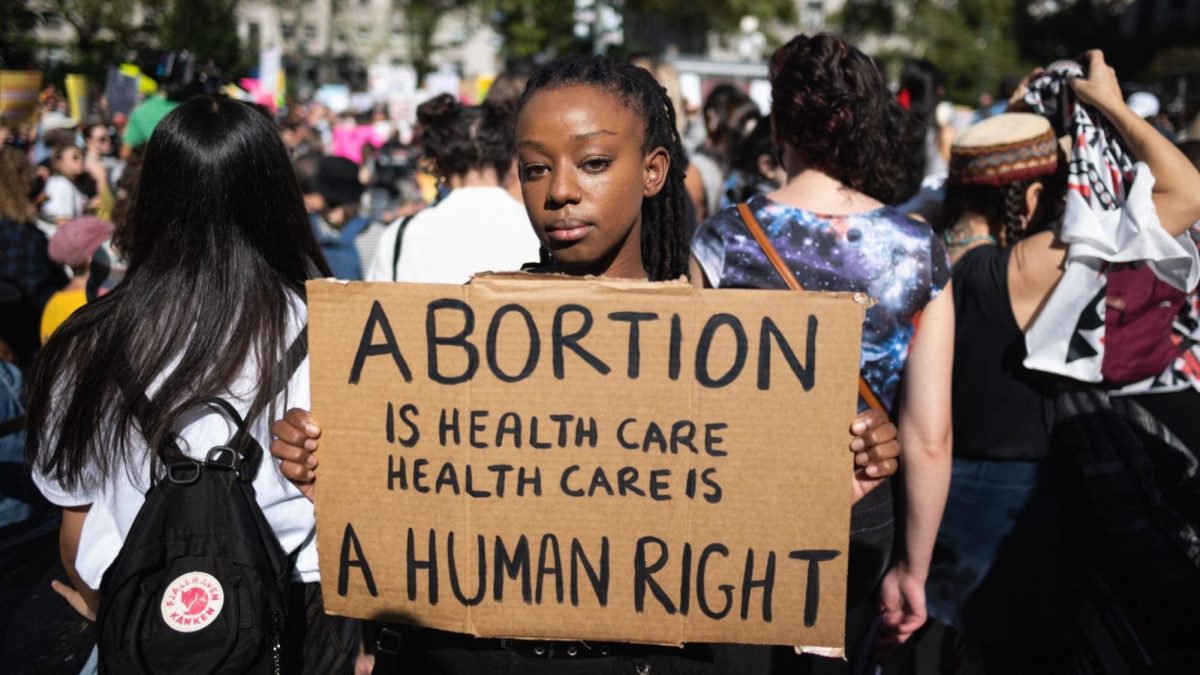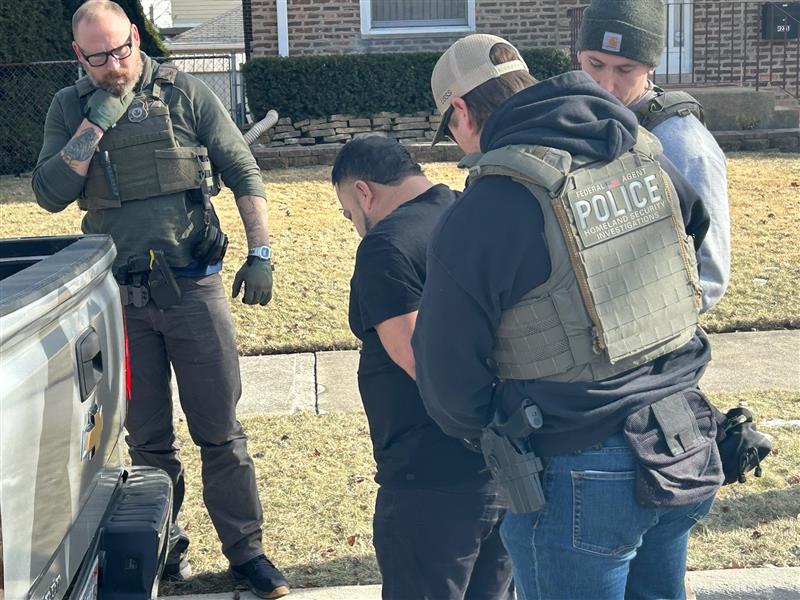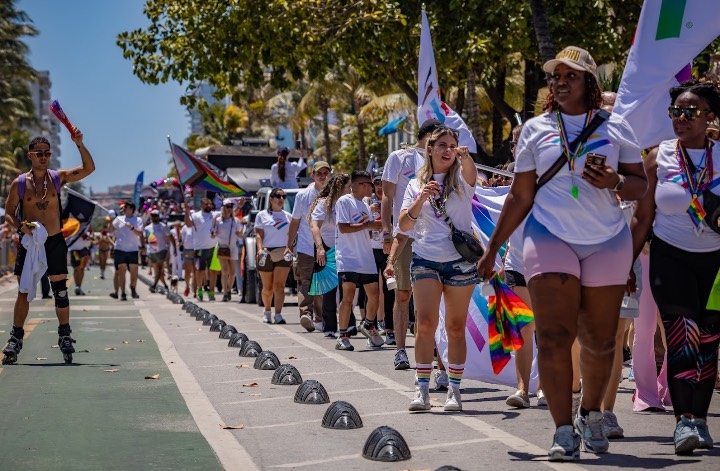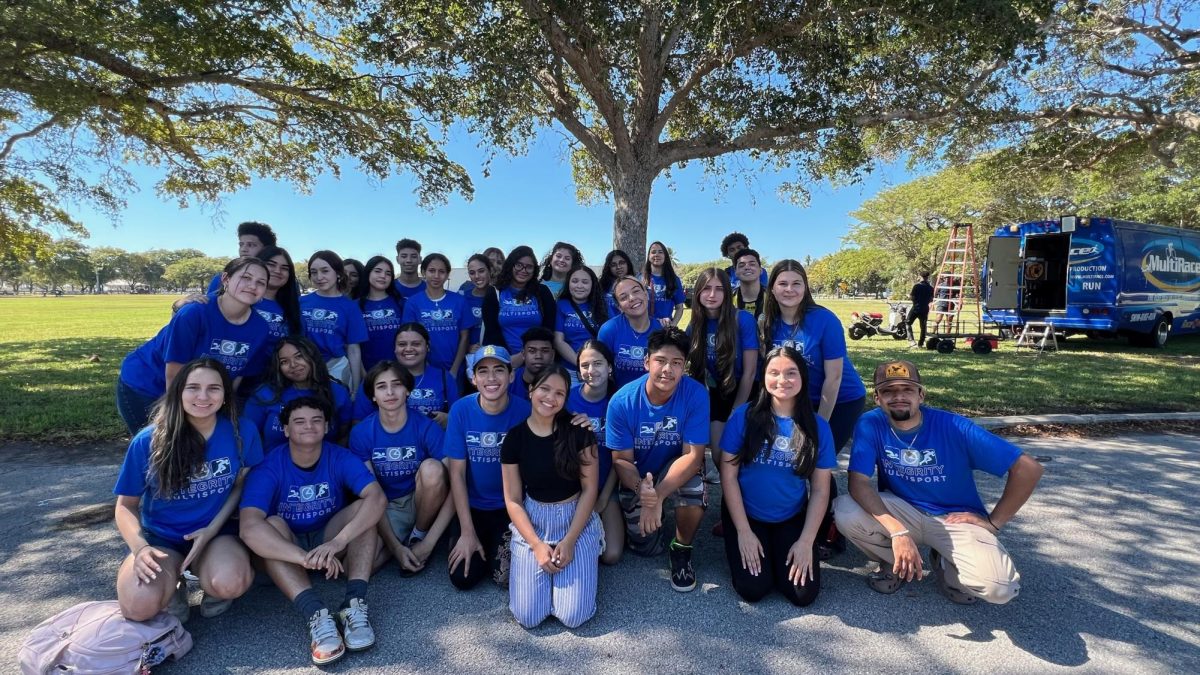On June 24, 2022, the US Supreme Court overruled Roe vs Wade, over-turning over 50 years of women’s abortion rights since 1973.
The right to an abortion has changed in some states. Each state now gets their own say on how they want to approach abortion laws—whether they want to ban them, legalize them or somewhere in between. But what about the women in some states who are being forced to carry a child to term? They should have a say on the major life-altering measures they are being obligated to take.
Who has a right?
According to the article “Minors under 18 years of age seeking abortion care services”, posted on the website for North Florida Women (NFW), a health services clinic in Tallahassee, “If you are a minor under the age of 18, Florida law requires you to notify your legal guardian of your decision to have an abortion 48 hours (2 days) in advance of your procedure. While NFW encourages you to speak with your parent or guardian about your decision, we understand that it may not be possible depending on your circumstances.”
If women are free to exercise our right to pursue liberty and happiness, why does the government get a say in what we choose to do with our rights? Why do we as women not get a say in what laws are being made about our bodies? It is uncanny how four of the five Supreme Court justices who voted to overturn Roe vs Wade are men, according to an article posted on the Los Angeles Times website.
Those men should not have the right to discuss issues that do not affect them, but nonetheless they make laws about someone else’s bodily rights. Even if theoretically the Supreme Court Justices who voted yes were women who can relate to abortion laws from a female perspective, nobody but oneself should be making extreme life-changing decisions for someone else.
Who may or may not have an opinion?
Everyone is entitled to their own opinion, but not everyone is entitled to an opinion that determines the course of your life. Many people want to indoctrinate others, but when it comes to abortion, one should always look within and do what’s best for them in their situation. Only the women going through the process of an abortion should have a say in what step comes next after they find out they’re pregnant.
Why it should be legal?
Abortions should be legal in every state because everyone should be able to live up to and make their own decision. Instead of trying to regulate what women do with their bodies, we should be focused on more serious topics like climate change and gun control. Abortions should be legal because there are women who don’t want to be mothers, and that is okay. In cases like these, one’s choice should be entirely up to them.
Where is it legal and the exceptions
The New York Times posted an article titled “Tracking abortion bans across the country”, and they listed over 20 states and their abortions rights. According to the article, some of the states that have completely banned abortions are Alabama, Arkansas, Idaho, Indiana, Louisiana, and Mississippi.
While some states have banned abortions, other states like Washington, D.C. and Minnesota believe that reproductive care is a right and shouldn’t be brought down by anyone’s jurisdiction. States like South Carolina and North Carolina are in between these points of view. South Carolina has not banned abortions, but they are not legal after 6 weeks, and in North Carolina the gestational limit is 12 weeks (about 3 months).
Most importantly, according to The New York Times, if you live in the state of Florida, the gestational limit is up to 15 weeks (about 3 and a half months). It is unbelievable how governments are regulating such things as women’s right to have their own choice. However, during the 2023 Florida legislative session, a law banning abortion after the 6th week was passed.

“Ohio voters enshrine abortion access in constitution in latest statewide win for reproductive rights”













